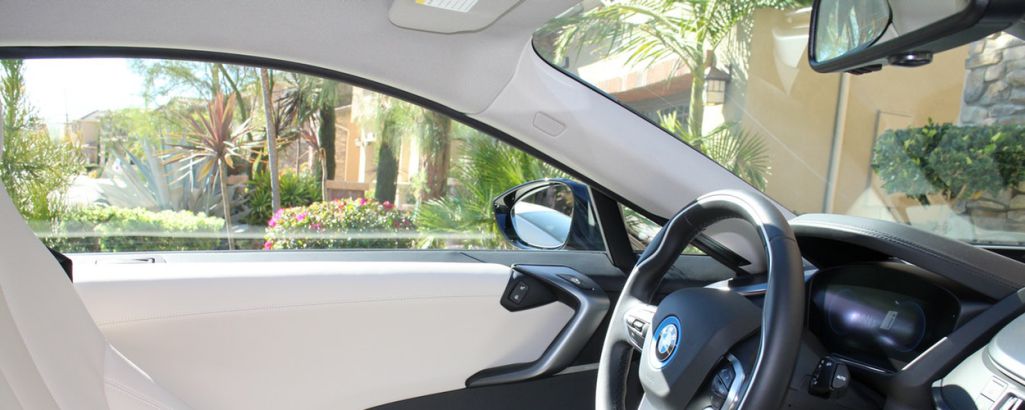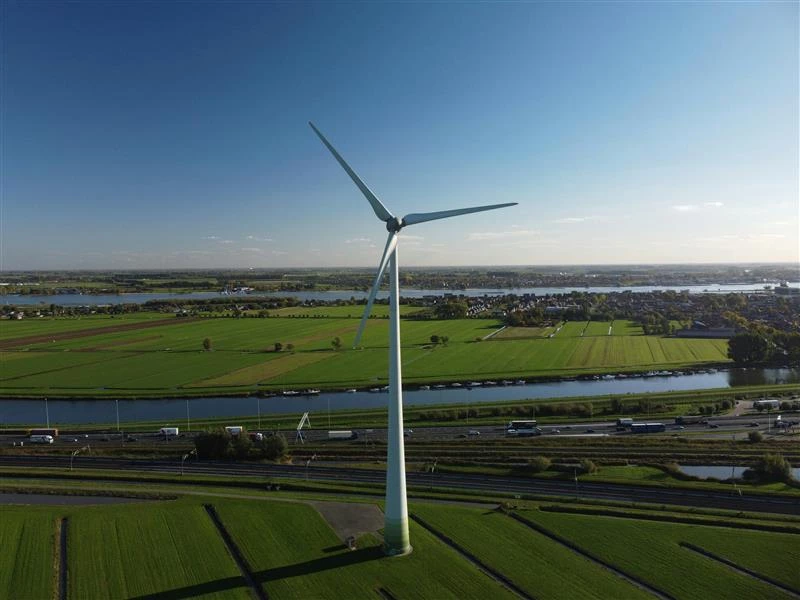The emergence of EV (Electric Vehicle) technology in recent years has shown to be one of the solutions in which the Indonesian government could implement in order to tackle fossil fuel-related issues. Other than the government itself, EV players across the globe would also start to put their attention towards the Indonesian market. Indonesia, the 4th most populous country in the world with rising affluent middle-class consumers, offers high demand for cheap yet energy-efficient personal vehicles.
According to our report titled Electric Vehicle in Indonesia: The Road Towards Sustainable Transportation, there are three main opportunities that can be utilized by the government and future EV players in Indonesia, along with a few challenges that need to be addressed before EV can be fully implemented in the country.
Favorability for personal transportation ownership is one of the main drivers for the implementation of EV technology in Indonesia. Compared to other more developed countries, which have started to reduce their use of personal vehicle, Indonesians favor personal transportation mode due to its convenience, flexibility, and symbol of economic status.
EV uptake in Indonesia could also be the result of Indonesian growing population and the rising of middle to affluent class, which means increasing purchasing power that leads to higher purchase of personal vehicle in Indonesia. Furthermore, EV could also present itself as an energy-efficient mode of transportation to attract this potential market.
Indonesia is known as a country with one of the cheapest electricity in the region. Compared to the price of petroleum at around USD 0.9/L, electricity in Indonesia only costs for USD 0.1/kwh. This can give future EV users great economic benefits, which could also be the main driver for EV to further develop in Indonesia.
Despite the potential it offers, lack of clarity around the government's policies on EV has been a major drawback of EV implementation. Even though some initiatives have been made by the government, much of these are not likely to be fully implemented in the near future. This has brought concerns as most OEMs and infrastructure players have been applying the wait-and-see strategy, which could hinder Indonesia from seeing more EV products in the country.
Lastly, EV could be considered as an expensive product if the government does not apply subsidies and tax cuts for future EV users. Strong incentive policies need to be enacted by the government to encourage the public to purchase and use EV as a personal vehicle.
All in all, Indonesia presents a great opportunity for EV players to enter, grow, and expand their businesses. Through all its drivers and many of its fossil-fuel related problems, Indonesia has become an ideal market for the EV industry. Strong government involvement is required to drive the EV implementation to success, as the government's clarity around EV policies will be key in tackling challenges of EV development in Indonesia.
Gain more insights on our full report, Electric Vehicle in Indonesia: The Road Towards Sustainable Transportation






